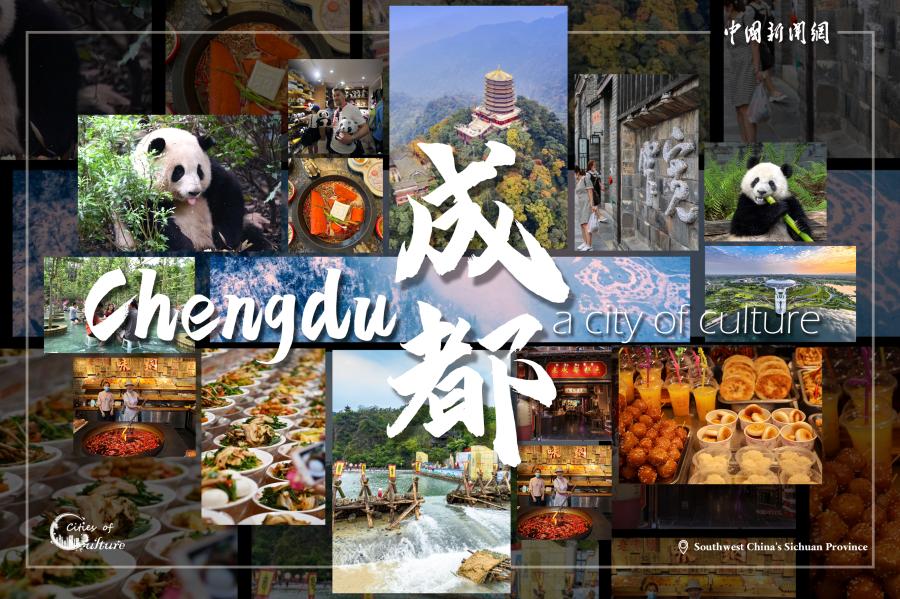
The 31st FISU World University Games will open in Chengdu, southwest China's Sichuan Province, on July 28.

As Wednesday marks the 100-day countdown to the event, let's embark on a cultural trip to Chengdu city.
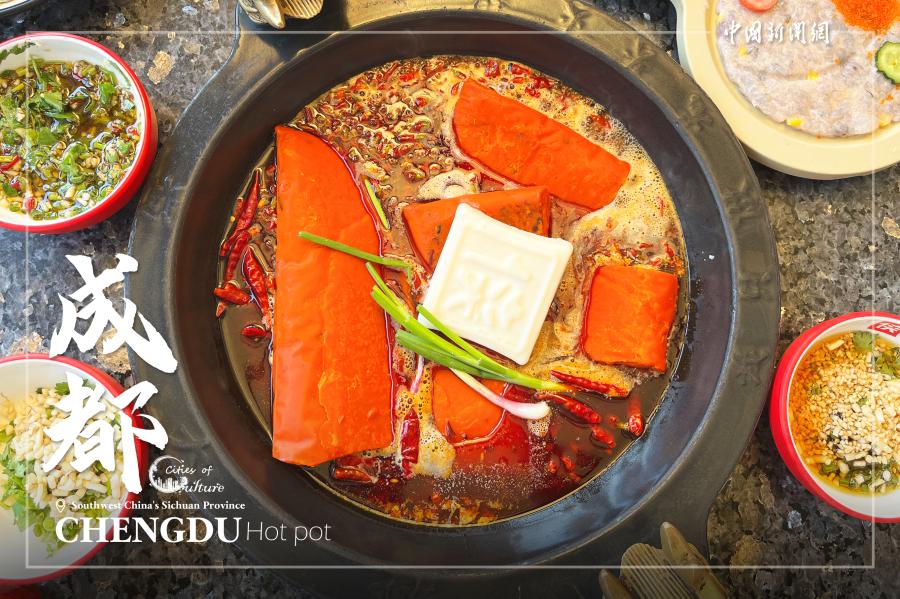
City of gastronomy
As the cradleland of Sichuan Cuisine, Chengdu has become one of the most important culinary centers in the world. Sichuan Cuisine, with its fiery-red chilies and long-lasting spicy flavor, presents an exciting feast for both the eyes and the tongue. The United Nations Educational, Scientific and Cultural Organization (UNESCO) has nominated Chengdu to join its "Creative Cities Network" for being the birthplace of many culinary traditions. Chengdu was the first city in Asia to enjoy the designation of "City of Gastronomy".
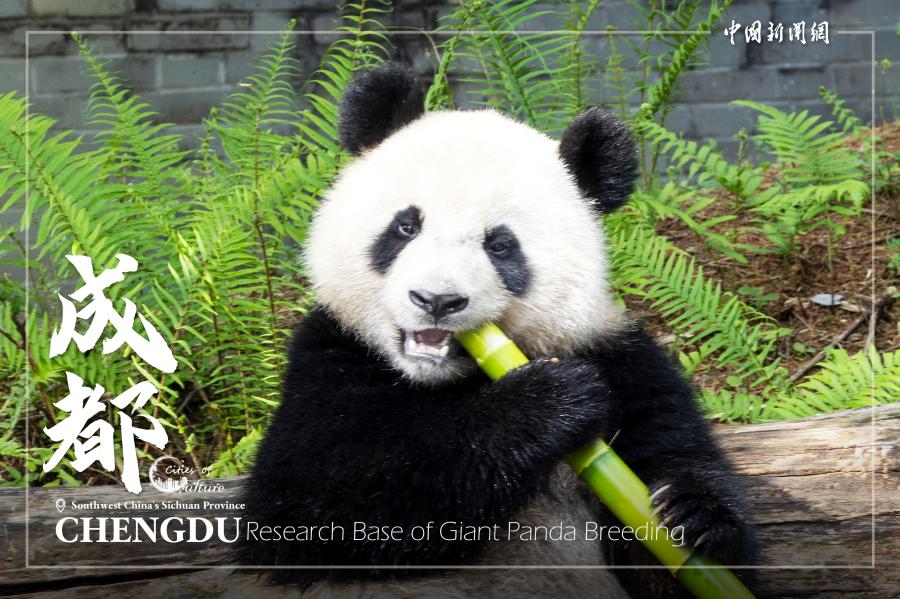
The happiest city in China
Chengdu, hometown of the panda, hot pot, and mahjong, has been ranked first in China's 10 happiest cities for 14 years in a row. Sichuan people are famous for their relaxed attitudes, which is evident in Chengdu, where residents feel calmer and less stressed in general.
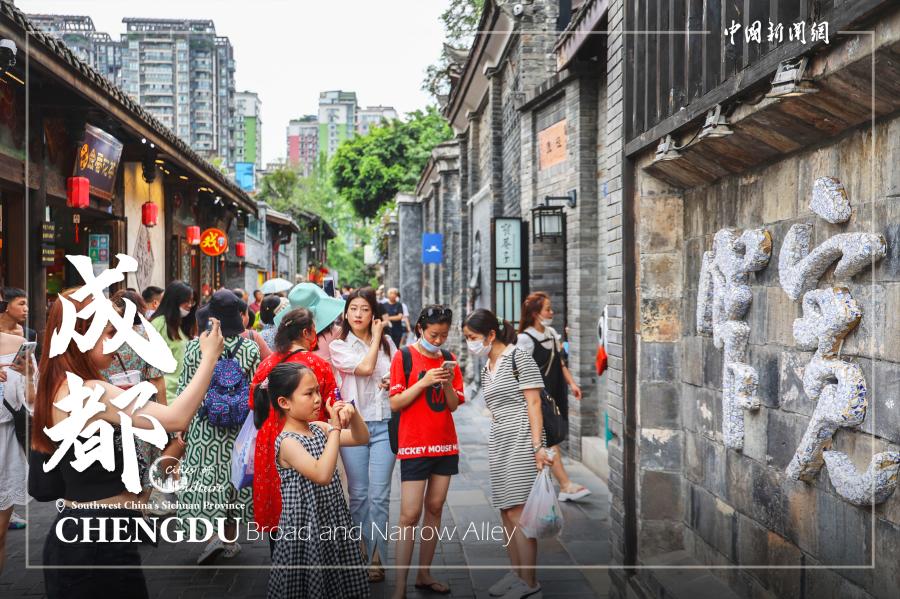
A window to ancient culture
Chengdu is a historical and cultural city with a history dating back about 3000 years. It is the only city in China that hasn't changed its name for about 2,300 years. The Dujiangyan irrigation system and Qingcheng Mountain are among the most famous tourist attractions in Chengdu. Dujiangyan, considered the oldest water-control project still functioning in the world, has stood the test of time for nearly 2,300 years. Close to Dujiangyan, Qingcheng Mountain has long been recognized as the birthplace of Taoism, China's ancient indigenous religion.







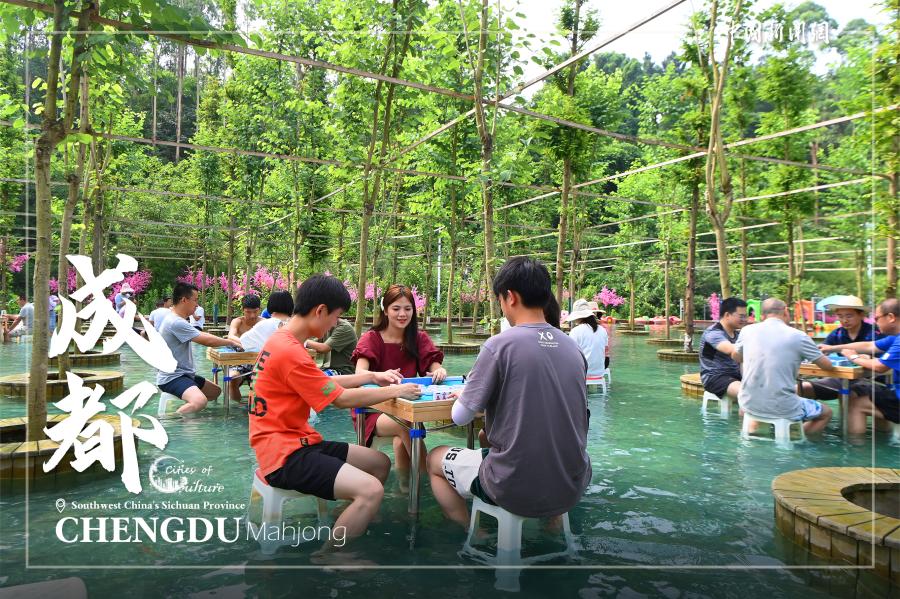
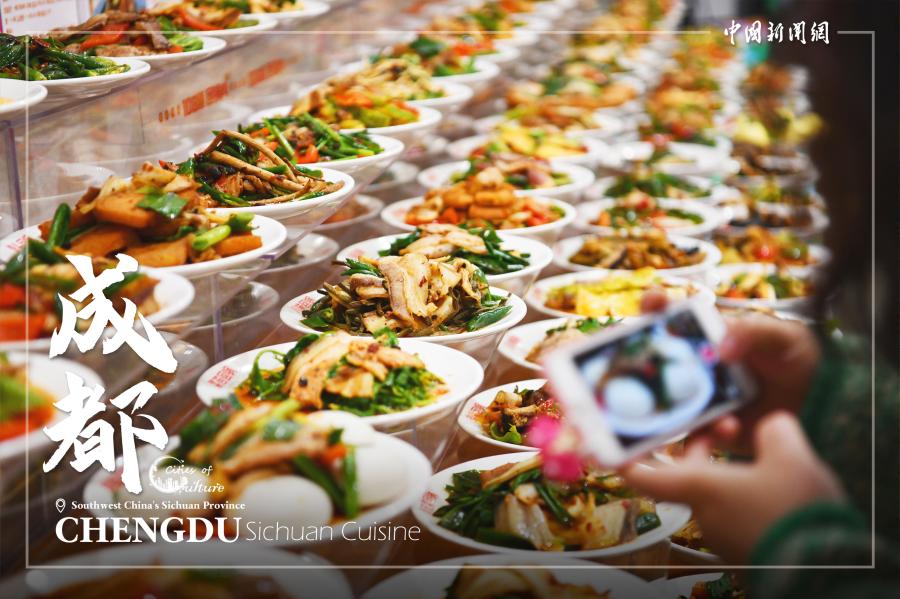
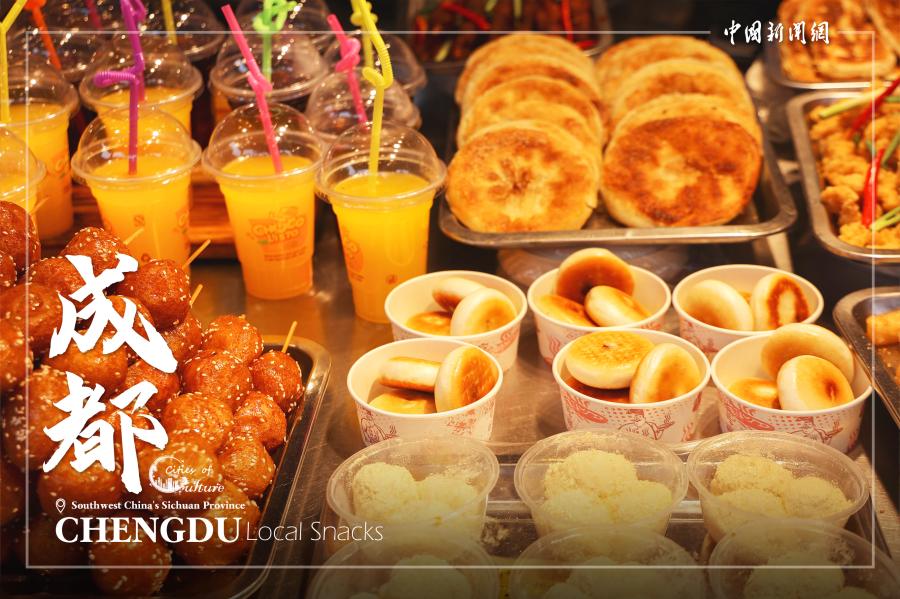
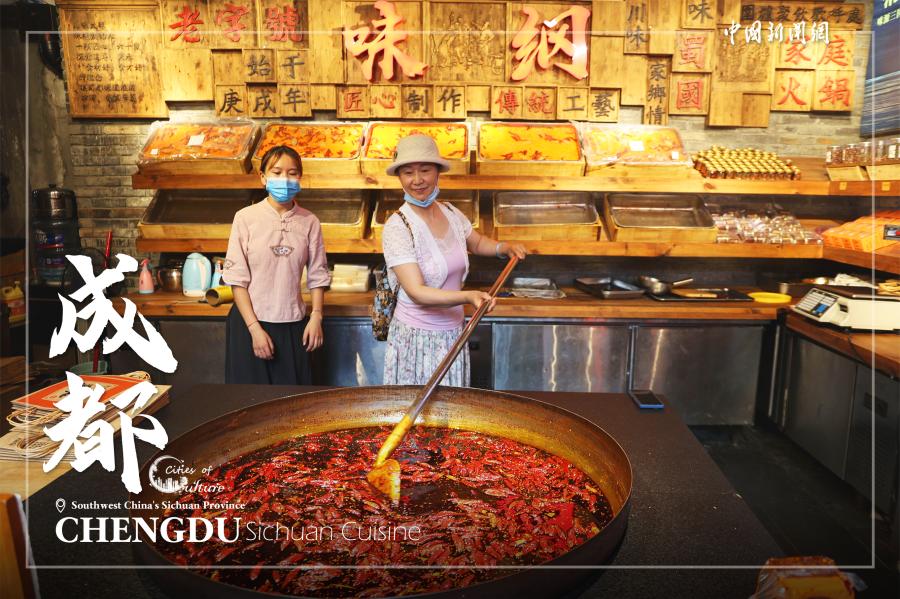
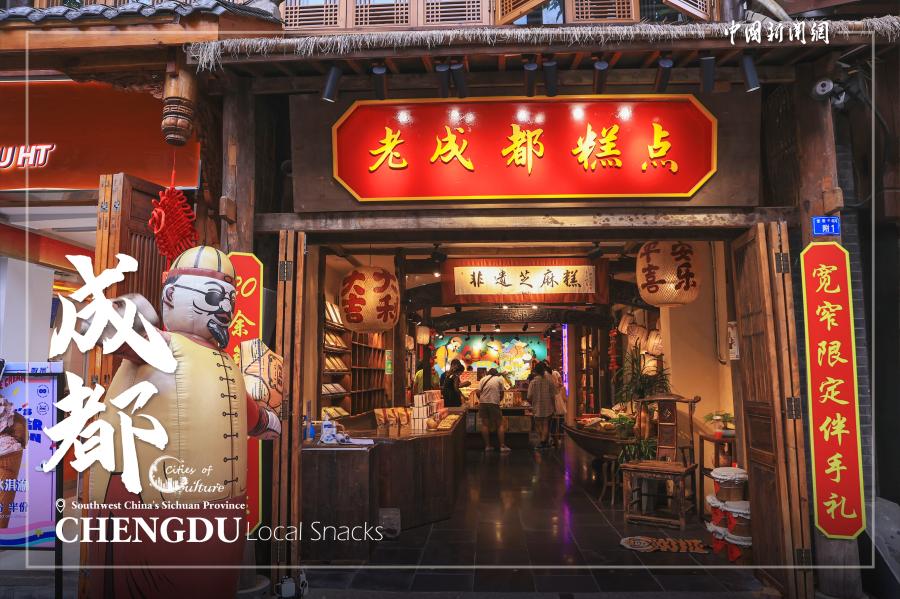

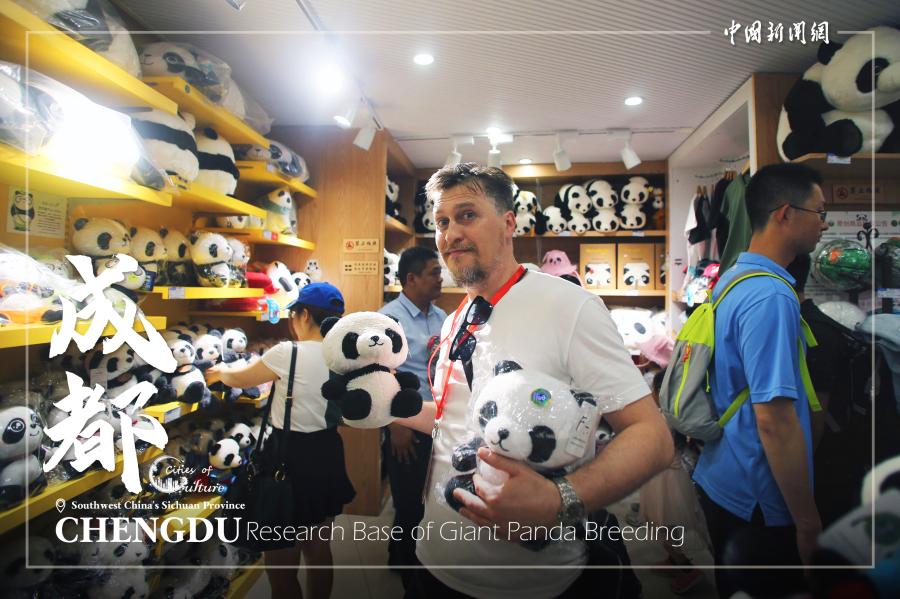
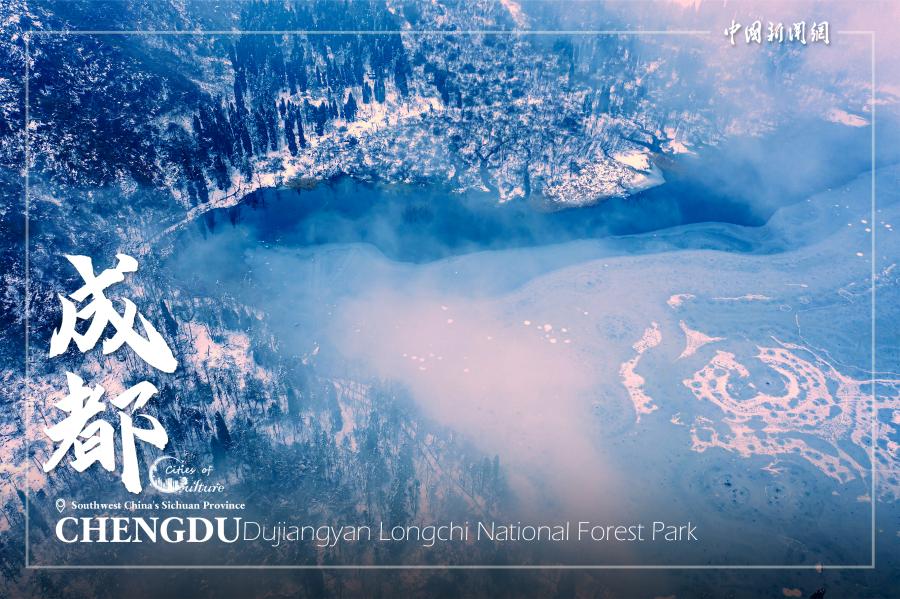
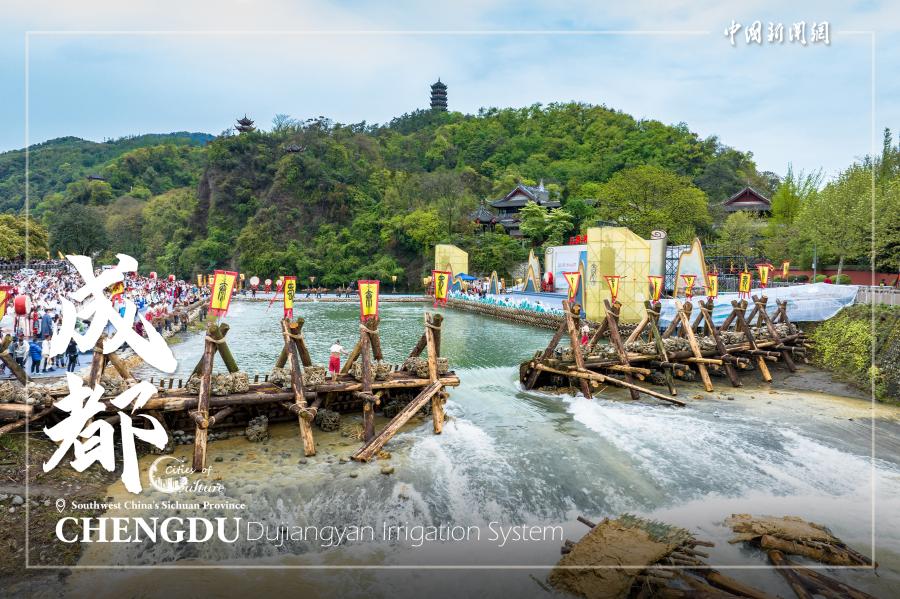
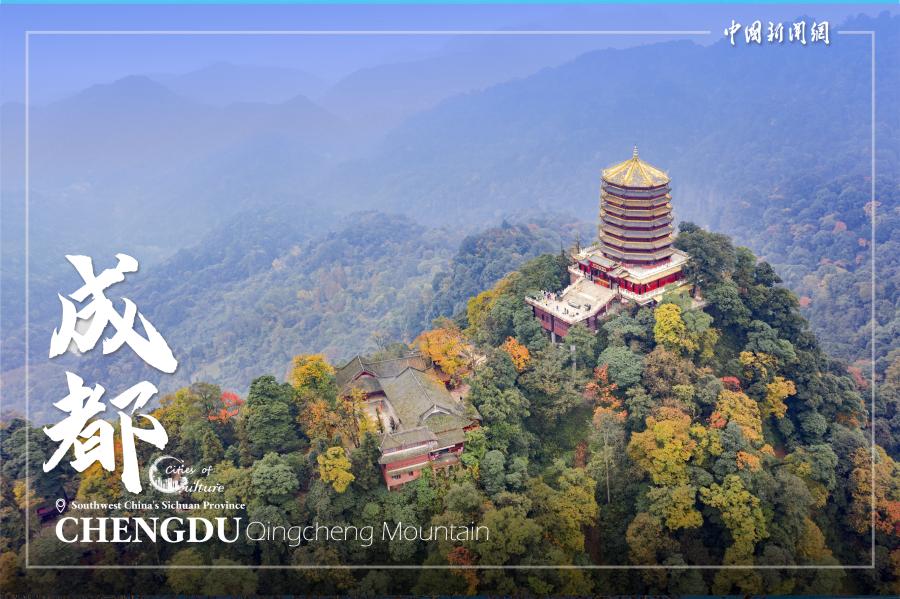


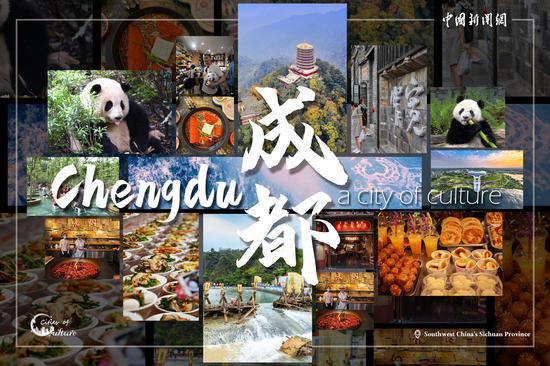

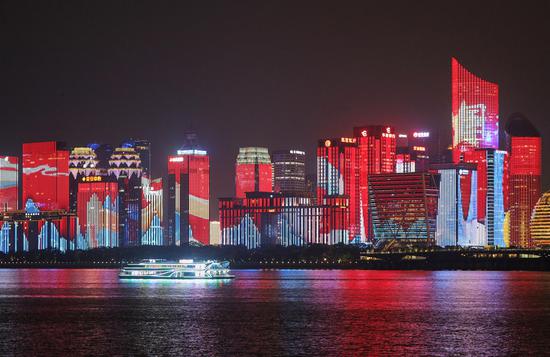
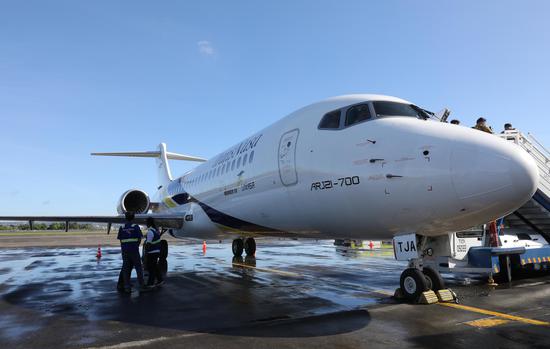
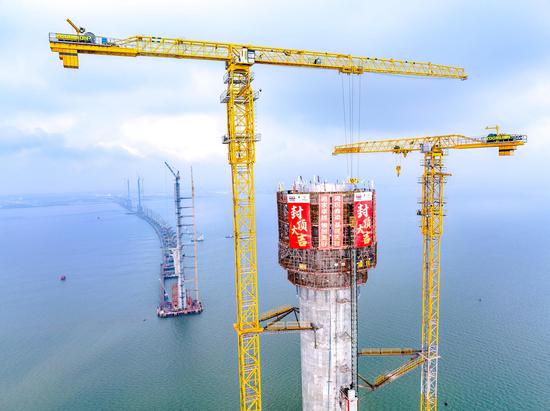
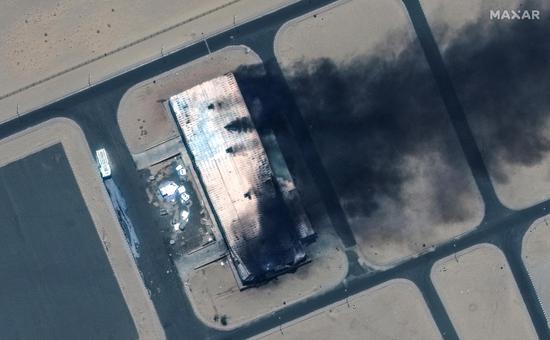








 京公网安备 11010202009201号
京公网安备 11010202009201号